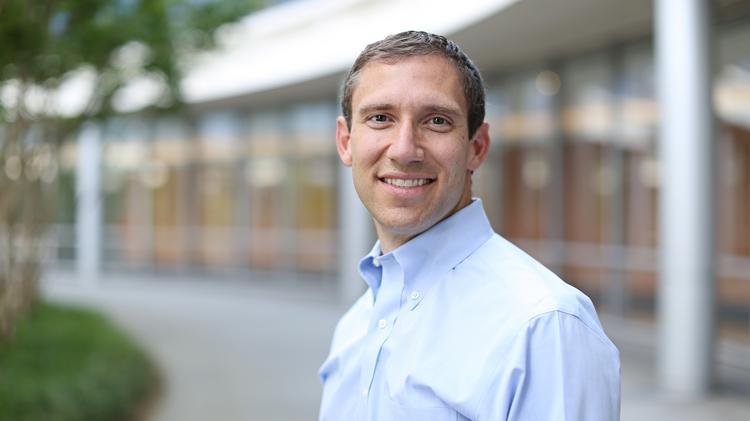
Greater Washington is so much more than a political “swamp.”
But that’s the label a group of life science companies and nonprofits — led by Gaithersburg-based MedImmune — said Wednesday they are still fighting against as they try to sell the year-old BioHealth Capital Region brand.
As part of a two-day BioHealth Capital Regional Forum that began Wednesday at MedImmune headquarters, the research and development arm of London-based AstraZeneca PLC (NYSE: AZN), organizers announced a new website to serve as a single place to tell the world about the region’s biotech offerings, from Inova Health System’s Center for Personalized Health campus in Merrifield to Johns Hopkins University’s new business incubator in Baltimore.
“If you ask a lot of the outside world today about the region, they’ll think of bureaucracy, they’ll think of inefficiency,” said Jarrod Borkat, MedImmune’s senior director of global academic, government and foundation collaborations. “We need a portal for them. When someone says, ‘What is the BioHealth Capital Region?’ they’ll have somewhere to go.”
Related story: Gov. Larry Hogan on Maryland’s life sciences cluster: ‘This mission is a very personal one to me’
The central mission of the effort to brand Greater Washington as the “BioHealth” region is to unify Virginia and Maryland biotech communities and attract the kind of funding and entrepreneurship that will make it among the top three life sciences clusters. Traditionally, Boston, San Francisco and North Carolina’s Research Triangle have held that mantle.
“Just having a brand doesn’t really mean anything,” said Rich Bendis, president and CEO of BioHealth Innovation Inc., an industry group based in Rockville. “You really have to have the ability for people to understand what the assets are here externally, but also more importantly, people need to know what the assets are internally.”
He pointed to leaders from the Virginia Biotechnology Association and Tech Council of Maryland who were literally sitting next to each other at the conference to discuss projects in their respective states and find ways to help each other. That kind of communication is gaining traction, Bendis said.
Even so, the branding effort still faces a bit of an uphill battle overcoming regional competition. Even as Maryland Gov. Larry Hogan came to discuss the region’s bioscience strengths at the event, he boasted multiple times how Maryland “outpaces” Virginia in its economic indicators.
“He’s got to be pro-Maryland,” Bendis acknowledged. “When Gov. [Terry] McAuliffe was here last year, he was selling Virginia. But at the end of today, you heard [Maryland] Congressman [John] Delaney saying, ‘There’s assets on both sides of that river.’ That’s the key point we’re trying to make.”

